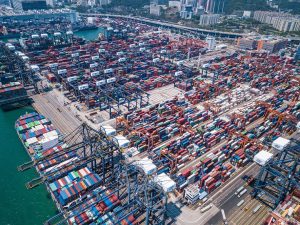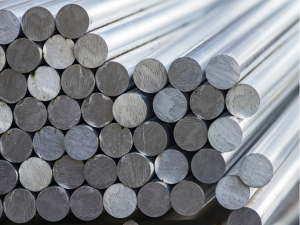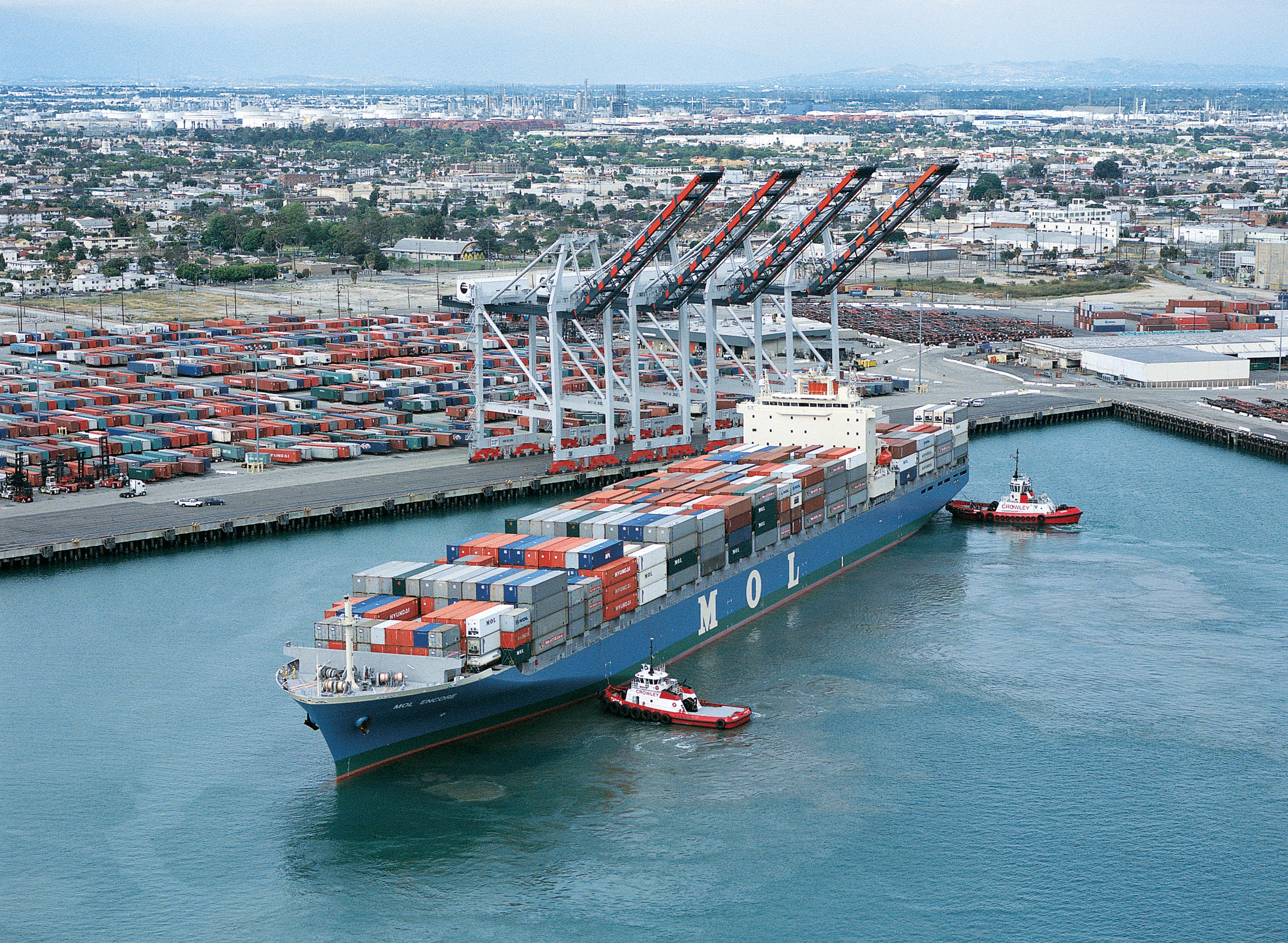
AMU: Airbus' low-profile overhaul takes flight
A cluster of Airbus announcements reveals how quickly the OEM is tightening and rebalancing its US supply chain.

A cluster of Airbus announcements reveals how quickly the OEM is tightening and rebalancing its US supply chain.

A colorful serial entrepreneur, NEMO Industries Co-founder and CEO Daniel Liss has done everything from working for Hollywood star Sofia Vergara to building a venture-backed Instagram competitor Dispo. He is new to steel but not short on potentially transformative ideas.

SMU’s Mill Order Index (MOI) surged in October after a notable decline the month prior. The recovery came as service center on order inventory totals picked up, supported by a slight uptick in shipments, according to our latest service center inventories data.

AMU's latest survey of aluminum market participants shows widening gaps in lead times, with extrusions lengthening dramatically.
North American auto assemblies declined in September, down 5.1% vs. August. And assemblies were also down 1% year on year.

On Oct.10, President Trump announced major increases in tariffs on Chinese goods. The trigger was a new regime of export controls on rare earth metals and products using those elements, including magnets, capital equipment, and catalysts for catalytic converters in cars and trucks.
The Institute for Supply Management’s (ISM) latest monthly report on manufacturing reflects a bleak view of American industry in September.
Trade groups cautioned that a prolonged shutdown could strain US industry.

Meanwhile, the nation’s largest rail union said they supported the tie-up between Union Pacific and Norfolk Southern once Union Pacific agreed to secure union jobs.
North American auto assemblies declined in July, down 16.4% vs. August. But, according to GlobalData, assemblies were 2.4% ahead year on year (y/y).
Chief executive of the Institute for Supply Management (ISM), Tom Derry highlighted how reactive buying behavior has shifted the market into a quiet demand period. Derry presented ISM data during the weekly SMU community chat.
Institute for Supply Management CEO Tom Derry will join SMU for our next Community Chat on Wednesday, July 23, at 11 a.m. ET (10 a.m. CT)
Section 232 tariffs of 50% on imported steel will go into effect on Wednesday with few exceptions, according to a top White House official.

With higher tariff rates on steel and aluminum set to go into effect on Wednesday, June 4, a new round of chaos across the supply chain is likely in store. Expect a significant impact on manufacturers and metal fabricators. But even before the latest round of Trump-tariff whiplash on Friday evening, there was a lot of interesting data coming out of SMU's steel-market survey.
The US Department of Energy (DOE) adds metallurgical coal to the nation’s list of Critical Materials, following its designation by US Secretary of Energy, Chris Wright’s announcement on May 22.
Ford Motor Co. started a planned outage early at its Chicago assembly plant due to a supply chain issue.
The recently announced US tariffs on vehicles and key components from all markets are expected to significantly disrupt global production.

AMU’s Greg Wittbecker, an aluminum industry veteran, will address not only US tariffs but also evolving trade routes - and how supply chains are (or aren’t) adjusting. He’ll also touch on broader industrial impacts, from auto layoffs to the potential ripple effect of maritime tax policies.

The tariffs are intended to produce more investment and jobs in US manufacturing. But first, there will be a cosmic change, potentially wiping out millions of jobs in the short run. While administration officials will no doubt cringe at the comparison, it reminds me of the effort to undercut fossil fuels production to address climate change. Led by Democrats, the effort was to destroy fossil fuels so that renewable energy sources would have more space to grow. The result: inflation and electoral defeat in 2024.

Containers sailing from China in April are down 15%-20% and Hapag Lloyd says their future bookings transpacific are down 30%.
Earlier this week, SMU polled steel buyers on an array of topics, ranging from market prices, demand, and inventories to tariffs, imports, and evolving market events.

A counterintuitive aspect of the 25% tariffs on autos is these percentages are measured in value, not by weight or part count. That means a few costly imported parts can outweigh dozens of cheaper local ones – and vice versa.

The constant flow of information we all receive can be a little overwhelming, but SMU is here to help with a snapshot of the week.
After slumping in December to the lowest total since July 2021, February assemblies further expanded on January’s growth.

Nearly 99% of ILA members voted in favor of a new labor deal with the United States Maritime Alliance that covers workers at ports on the Atlantic and Gulf coasts.

Both sides had agreed to extend the current contract to Jan. 15 to continue talks
“Manufacturers are optimistic,” said Timothy R. Fiore, chair of ISM’s Manufacturing Business Survey Committee.
Everybody has an opinion about politics these days. More importantly for our readers, though, every business has a bottom line. A popular question in our most recent steel buyers survey asked how uncertainty around the upcoming US presidential election could affect that line.

The International Longshoreman's Association (ILA) union and the United States Maritime Alliance (USMX) reached a tentative agreement on wages on Thursday evening. The move ends a strike at East Coast and Gulf Coast ports that began on Tuesday and that had threatened significant supply-chain disruptions.
Nearly 1,200 people have registered for SMU Steel Summit, which is less than a month away now. That means we’re still on pace to meet or exceed last year’s record attendance despite a tough flat-rolled steel market over the last few months. So, a big thank you to everyone who already plans to go for your continued support. If you haven’t booked travel yet, don’t miss out on one of the greatest shows in steel – register here. (You can also check out the latest agenda here.)